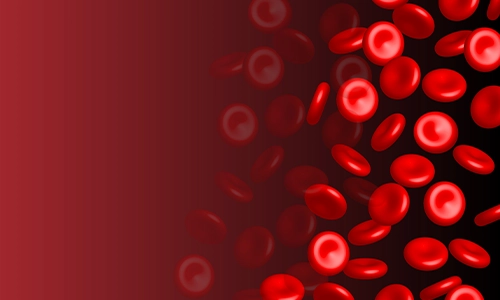

About Blood Cancer
The bone marrow, where blood cells are made, is where the majority of blood malignancies, also known as hematologic tumors, begin. Blood cancers develop when abnormal blood cells begin to expand uncontrollably and interfere with the regular blood cells’ ability to fend off infection and generate new blood cells.


Risk Factors & Prevention
Mutations in the genetic structure, or DNA, of blood cells are the root cause of all blood malignancies.
- Increasing Age
- Higher risk in Males than in females
- Exposure to benzene and other industrial chemicals
- Smoking
- Treatment for cancer in the past
- High level of radiation exposure
- Other blood malignancies in the past
How it can be prevented?
- Avoid radiation exposure
- Avoid being exposed to substances like benzene or insecticides.
- Avoid using any kind of cigarettes
- Maintain a balanced diet
- Exercising
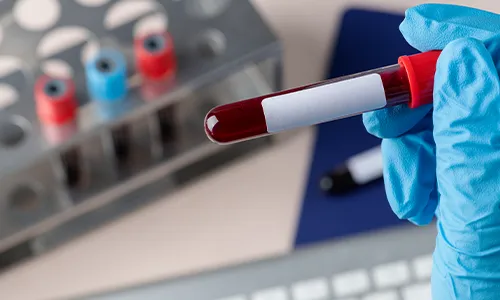

Screening
There is no particular screening test advised for diagnosis of blood cancer, however annual haemogram is advisable to pick some abnormal range.
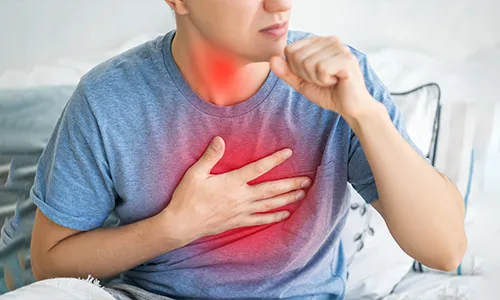

Symptoms & Signs
- Chest pain on coughing or dragging abdominal pain due to accumulation of abnormal blood cells in your spleen.
- Chills or fever due to lack of white blood cells, causes infections to occur more frequently.
- Unexpected bleeding, bruising, or rash due to lack of platelets, which are the cells that aid in blood clotting.
- Rough or Itchy skin.
- Nausea or a loss of appetite as the spleen presses against your stomach as a result of an accumulation of aberrant blood cells.
- Sweats during the night.
- Persistent weariness and weakness because of lack of red blood cells (anemia).
- Difficulty in breathing due to Anemia.
- Swelling and painlessness of your lymph nodes in your neck, armpits, as a result of an accumulation of aberrant white blood cells.
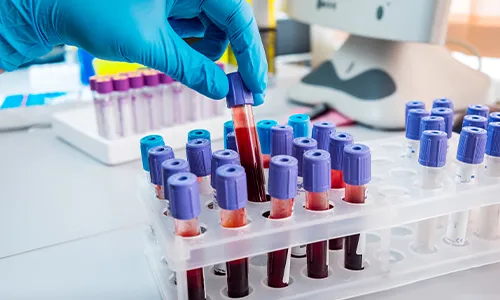

Diagnosis
Blood cancer diagnostic tests determine whether you have the disease and how aggressive it may be.
Tools and tests include:
- Blood tests
- Bone marrow aspiration and biopsy
- CT scan
- PET scan
- X-ray
- Surgical lymph node removal / Biopsy


Sub-Types and Stages
- Leukemia-Acute / Chronic
- Non-Hodgkin lymphoma
- Hodgkin lymphoma
- Multiple myeloma
- Myelodysplastic syndromes (MDS)
- Myeloproliferative neoplasms (MPNs)
- Amyloidosis
- Waldenstrom macroglobulinemia
- Aplastic anemia
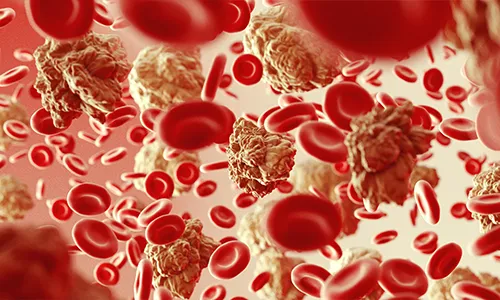

Treatment Modalities
a. Surgical Oncology
A limited percentage of lymphoma patients require splenectomy as part of their treatment. A surgery is seldom utilized to treat blood malignancies.
b. Medical Oncology
- Chemotherapy- Chemotherapy kills cancer cells by using chemicals. A combination of chemotherapy medicines may be used to treat blood cancer.
- Targeted Therapy – A combination of chemotherapy and targeted therapy are used for treating majority of blood cancers.
- Immunotherapy – Therapy which uses the body’s immune system against the cancer cells is commonly used in the treatment of blood cancers after multiple lines of chemotherapy have been used.
- Stem cell transplantation – Transplanting healthy blood-forming stem cells into the body is known as a stem cell transplantation procedure, which could be the person’s own blood cells or a matched donor’s blood cells.
c. Radiation Oncology
- Radiation therapy can be used to reduce pain or discomfort or to eradicate cancer cells. Additionally, it might be given before a stem cell transplant.
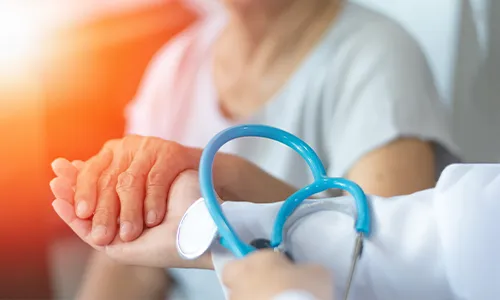

Coping with Treatment
Along with the medical side effects of blood cancer therapy, patients also deal with the financial burden of cancer care and the emotional and social impacts. Talking to a counselor, or family member can help them to cope with treatment. MOC provides facility of psycho Onco-Counseling and Nutritional counseling to help patients.


Do’s & Don’ts During Treatment
Do’s
- Eat high-fiber foods
- Try smaller meals
- Stay hydrated
Don’ts
- Avoid Overexertion yourself
- Avoid Unhealthy lifestyle
- Avoid eating large meals
- Avoid taking stress
- Avoid large gatherings


Post-Treatment Support
Post-treatment blood cancer survivors can go through long-term side effects of chemotherapy and radiation therapy. They can also have symptoms of Heart problems, thyroid problems, lung damage, infertility, including premature ovarian failure and premature menopause in women and low testosterone levels and sperm counts in men, osteoporosis, hearing loss, and cataracts. Survivors require empathy, mental strength, and support from their families, they can also join blood cancer Post-Treatment Survivorship Support Groups.
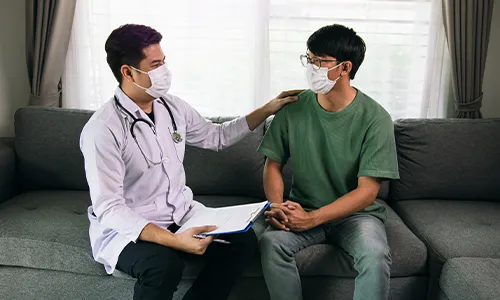

Follow-ups Cancer Care Plan
Post-treatment one must request a follow-up treatment plan. Doctors provide a personalized treatment plan based on the type and stage of cancer.
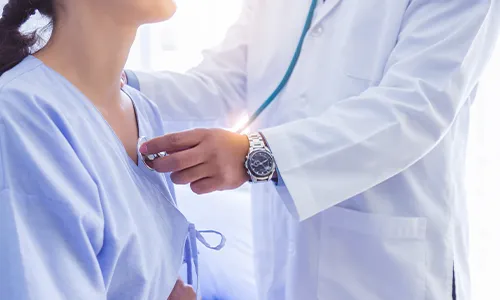

Surveillance and monitoring for Signs & Symptoms of Recurrence
One aim of follow-up care is checking for a recurrence. One should never miss follow-up visits and never ignore any symptoms of recurrence. Because some cancer cells may remain undiscovered in the body in small locations that don’t respond to treatment, cancer can reoccur. A physician who is knowledgeable about your medical history can provide you with personalized information regarding your risk of recurrence during follow-up care.
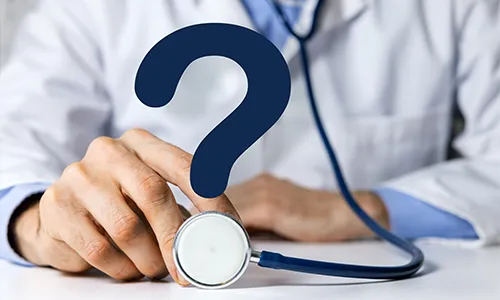

FAQ's
-
Describe blood cancer?
When blood cells begin to grow unnaturally and uncontrolled, blood malignancies develop.
-
How is blood cancer identified?
After a physical examination and when a blood test reveal irregularities in the quantities and/or types of blood cells present, blood malignancies are frequently first suspected.
-
Are blood cancers inheritable and what causes them?
Although the specific cause of blood malignancies is unknown, we do know that gene abnormalities that interfere with normal blood cell formation and synthesis are their main cause.
Specialized Doctors at M | O | C
Find the nearest center
Cancer Centres
Mumbai
Pune
Rest of Maharashtra
Gujarat
Delhi NCR
Cancer Clinics
Borivali
+91 9920767626
Book Your Appointment




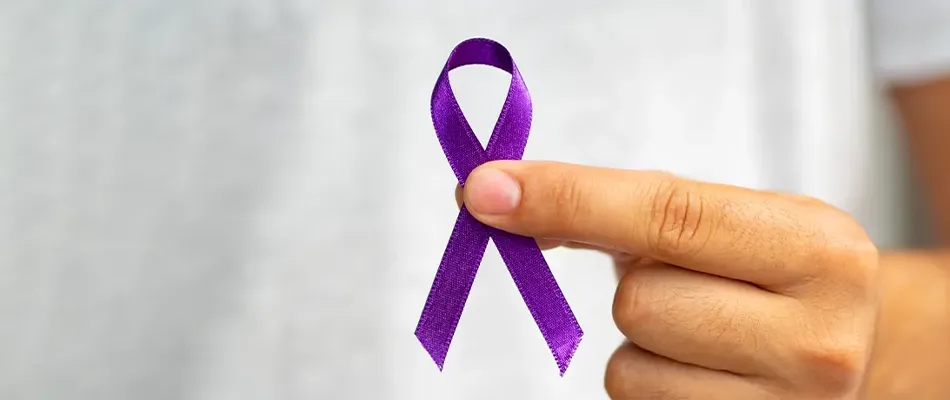
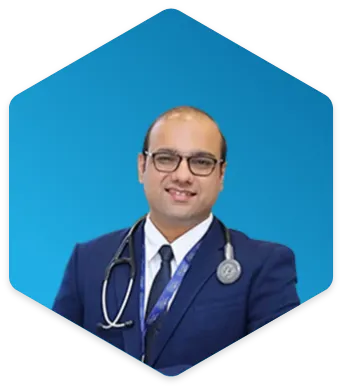

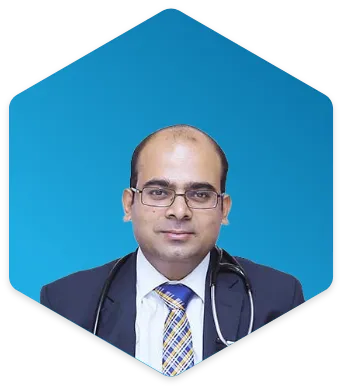

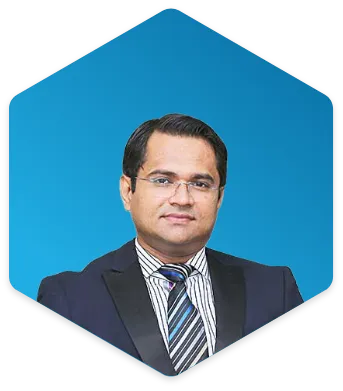
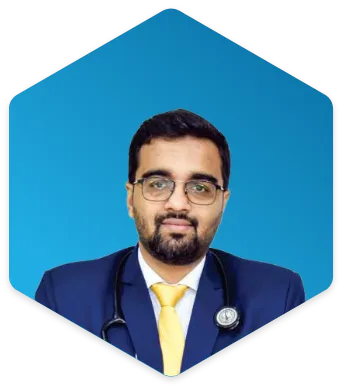

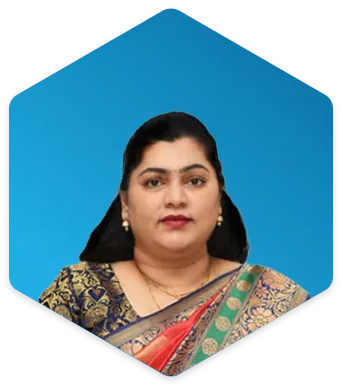

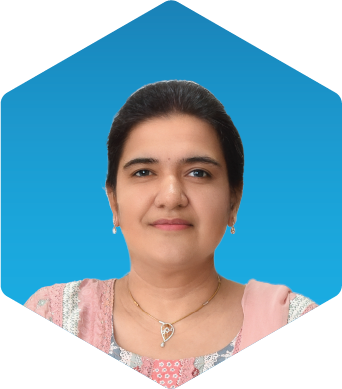


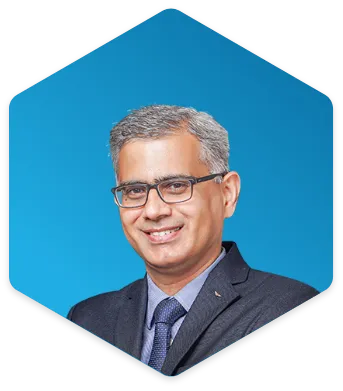
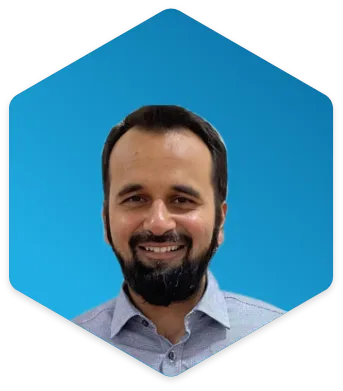
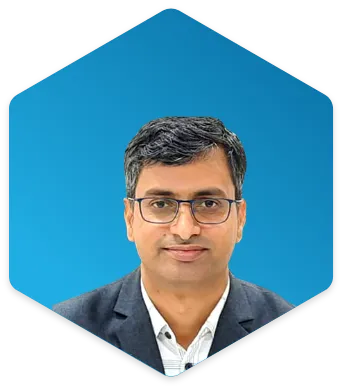
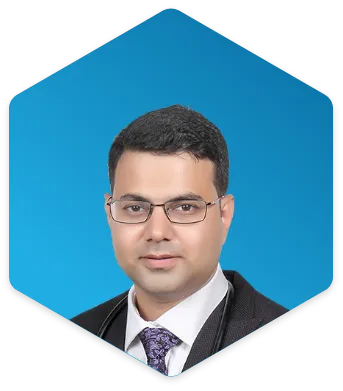



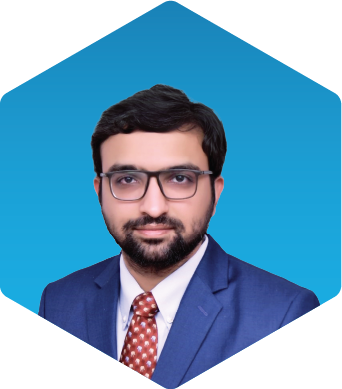


.png)

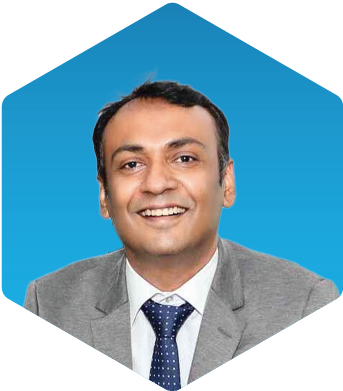



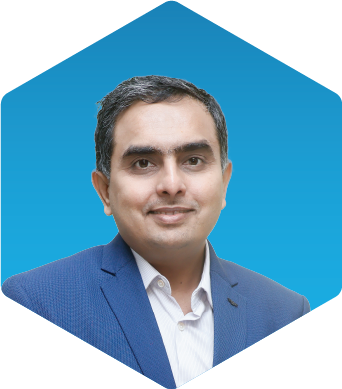



.png)
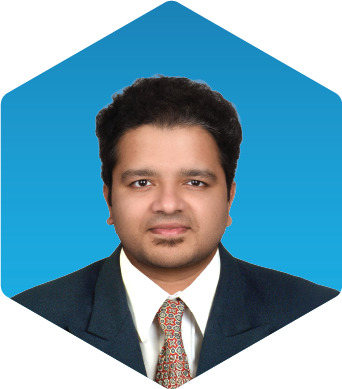

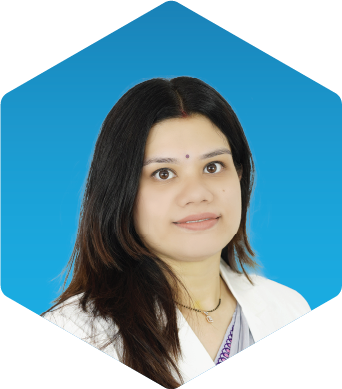

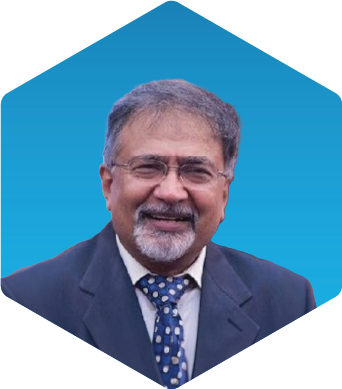
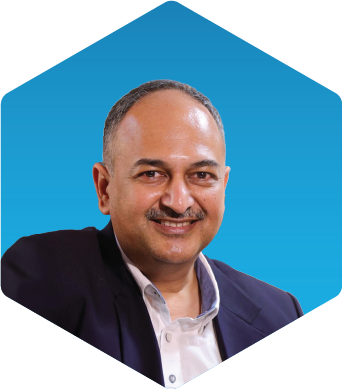
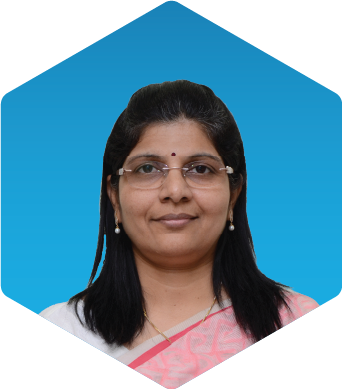




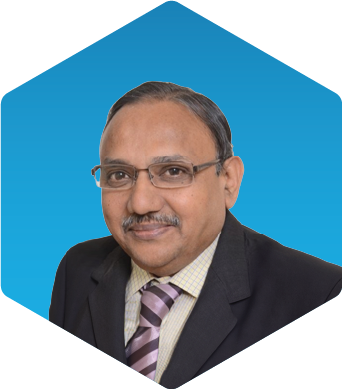
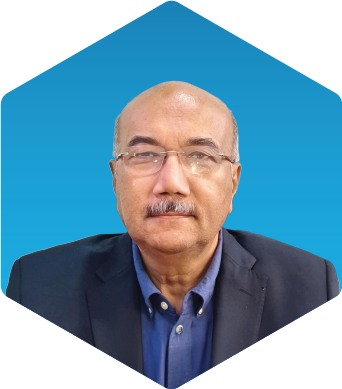
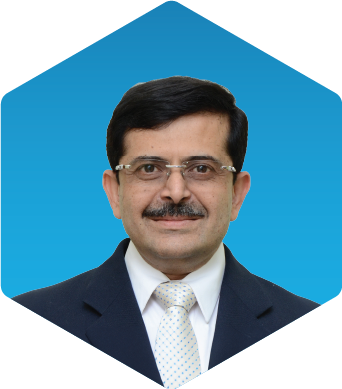

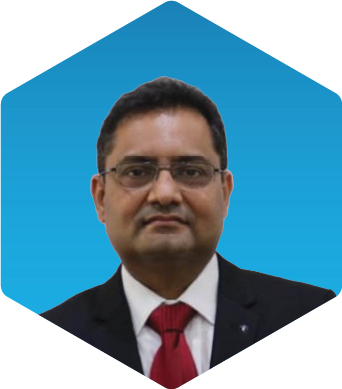
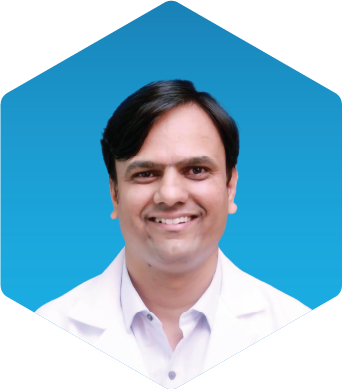
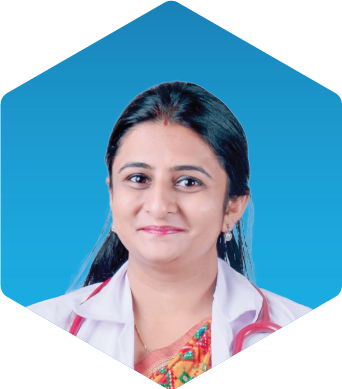


.png)
.png)
.png)



